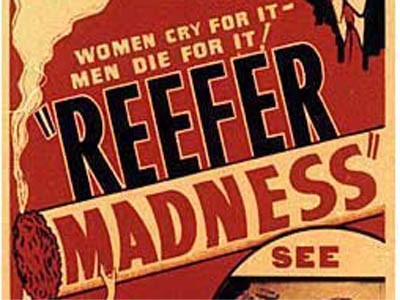Arkansas continues its march toward becoming a place where marijuana is no longer treated, at least exclusively, as an illicit drug. Whether that’s good or not so good depends on whom you ask.
The drug remains on the federal list of controlled substances, along with ecstasy, LSD, heroin, cocaine and all those extensively tested and researched medicines only doctors are allowed to prescribe and pharmacies are authorized to dole out.
But state by state, those who would like to use, cultivate or sell marijuana are benefiting from a shift in attitudes. The drug, more or less, is going through a rebranding. Washington, Oregon, California, Nevada, Colorado, Massachusetts and Maine have laws allowing recreational use of the drug. Another 20 have passed laws allowing marijuana’s use in one form or another for medical purposes.
Arkansas is among the latter group. Voters last November approved Issue No. 6, which defined 17 medical conditions for which medical marijuana can be used. According to that measure, before a person could get a medical marijuana card from the Arkansas Department of Health, a doctor had to confirm the patient has one of those conditions and declare in writing that “the potential benefits of the medical use of marijuana would likely outweigh the health risks for the qualifying patient.”
There’s still understandable uneasiness in the medical community about what role doctors should play in the state’s new pot industry. Evidence of that arose in the General Assembly’s legislative session a few months ago. State Rep. Doug House, concerned doctors would be uncomfortable determining what the potential effects of marijuana might be for their patients, introduced a bill to eliminate the required declaration about potential benefits and risks. That’s now law and the only requirement for doctors is to verify a patient has one of the qualifying conditions.
In a recent Northwest Arkansas Democrat-Gazette story, some physicians still expressed hesitation, and who can blame them? Arkansas’ voter-created medical marijuana system, when compared to prescribing federally approved pharmaceuticals to a patient, has about as much precision as using a globe to give a motorist directions to get from Dickson Street to Razorback Stadium in Fayetteville.
Doctors give patients prescriptions that are limited by both time and dosage, requiring their return for additional evaluation to monitor the medicine’s effects. With medical marijuana, the doctor’s role ends once he declares the patient has a qualifying condition. And there will be no assurance, as there is with FDA-approved drugs, that marijuana sold one day has the same potency as a batch sold a week later. Or that one delivery system for marijuana will have the same benefits as another. Patients can spin the reefer roulette wheel.
We’re not arguing against medical marijuana. The public made that decision, and so be it. But no one should equate the precision of the doctor/pharmacist/drug manufacturer/FDA system to the, shall we say, laid-back business of over-the-counter pot dispensaries.
But physicians should not feel pressured to participate if they don’t want to become part of a political, not medical, creation. There will be doctors who embrace a role in getting their patients marijuana. One described it as “legitimate health care.” Other physicians should not feel obliged to recommend something they’re uncomfortable with when they feel an obligation for the care of their patients just as strongly as a doctor who will support medical marijuana.
Doctors should be free to participate, or not, in the state’s voter-created system for medical marijuana.
credit:420intel.com


